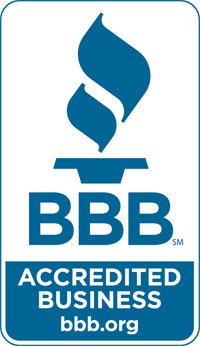Strokes
Listing 11.04, for central nervous system vascular accidents (more commonly known as “strokes”), requires:
- sensory or motor aphasia resulting in ineffective speech or communication; or
- significant and persistent disorganization of motor function in two extremities.
Organic Brain Syndrome
Listing 12.02, for organic mental disorders, covers many types of brain dysfunction, including disorientation, memory impairment, hallucinations or delusions, change in personality, disturbance in mood, emotional instability, or loss of 15 IQ points.
Your impairment must result in two of the following:
- marked restriction of daily activities;
- marked difficulties in social functioning;
- marked difficulties in maintaining concentration, persistence, or pace; and
- repeated episodes of decompensation.
Alternately, you may show that your organic mental disorder has lasted two years, and caused more than a minimal limitation of ability to do basic work activities.
Medical Improvement
It’s important to note with any traumatic brain injury that recovery is very unpredictable in the first few months after the injury. For this reason, the Social Security Administration recommends delaying decisions on these cases for three to six months until the claimant’s condition has stabilized.
This protects claimants from wrongful denials based on the assertion that their condition will not last 12 months. For example, during the first three months, for example, a patient’s condition may improve rapidly but still be severe enough to qualify him for benefits. If the decision-maker assumes improvement will continue at the same pace, he may deny benefits. But often with traumatic brain injury, the patient’s condition plateaus at some point, in which case the denial will have been in error.
If you have been denied Social Security disability benefits for traumatic brain injury or any other physical or mental disorder, contact New York disability lawyer Herbert Forsmith for a free evaluation of your claim.




